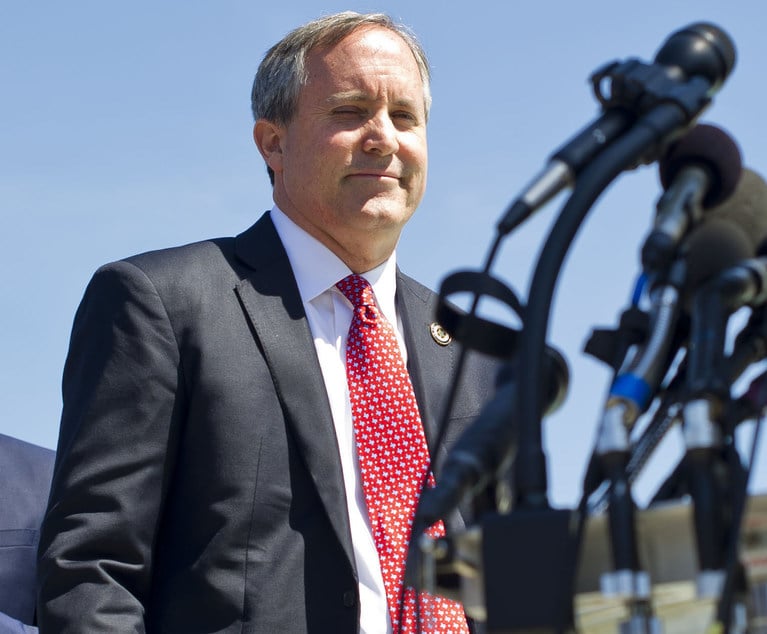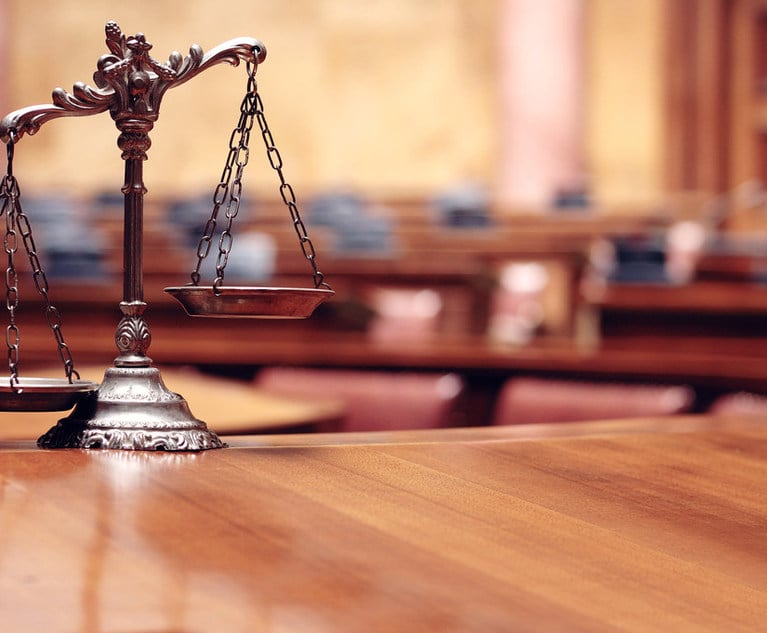Legal ethics experts are wrestling with how far the profession should go in disciplining attorneys for false statements made over the 2020 election results, with one law professor warning it could set a dangerous precedent for other kinds of lawyers.
Panelists discussing a bar complaint against Texas Attorney General Ken Paxton over his challenge to the 2020 election at the U.S. Supreme Court faced that question Thursday, as part of that complaint—filed by the group Lawyers Defending American Democracy and 16 attorneys—cites his public comments about the election results being fraudulent, which they were not.
This content has been archived. It is available through our partners, LexisNexis® and Bloomberg Law.
To view this content, please continue to their sites.
Not a Lexis Subscriber?
Subscribe Now
Not a Bloomberg Law Subscriber?
Subscribe Now
LexisNexis® and Bloomberg Law are third party online distributors of the broad collection of current and archived versions of ALM's legal news publications. LexisNexis® and Bloomberg Law customers are able to access and use ALM's content, including content from the National Law Journal, The American Lawyer, Legaltech News, The New York Law Journal, and Corporate Counsel, as well as other sources of legal information.
For questions call 1-877-256-2472 or contact us at [email protected]


 Texas Attorney General Ken Paxton. Photo: Diego M. Radzinschi/ALM
Texas Attorney General Ken Paxton. Photo: Diego M. Radzinschi/ALM





